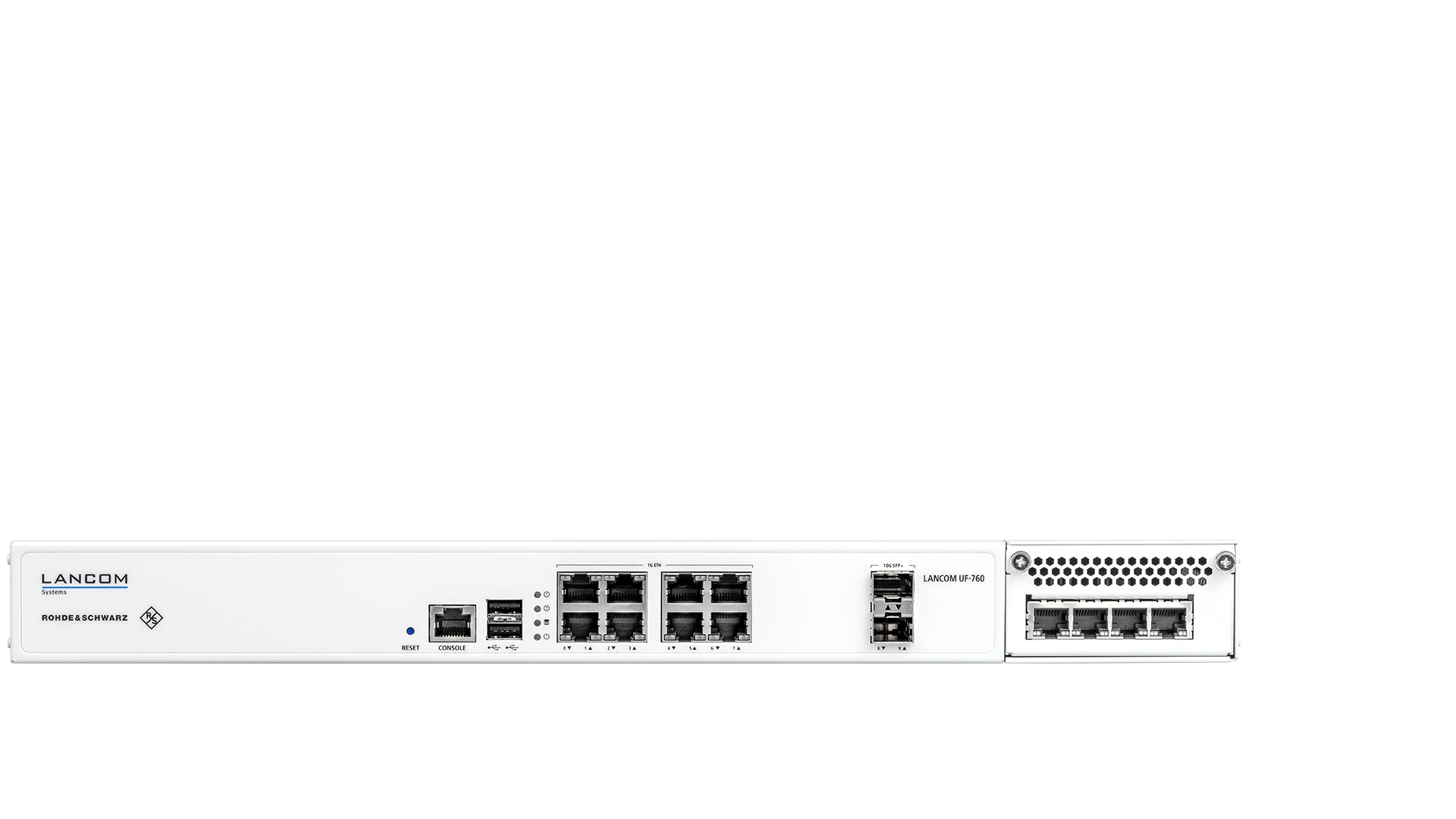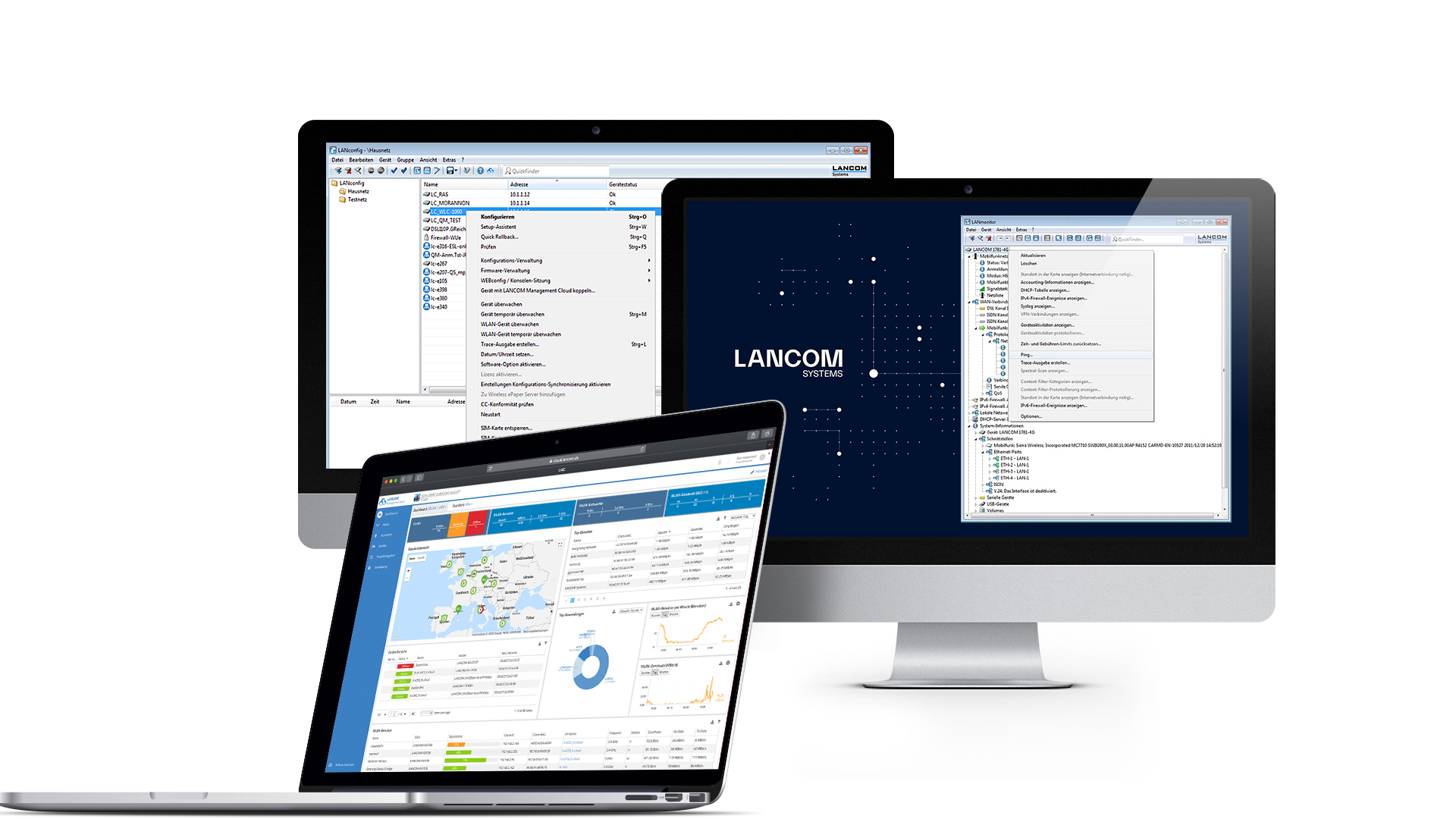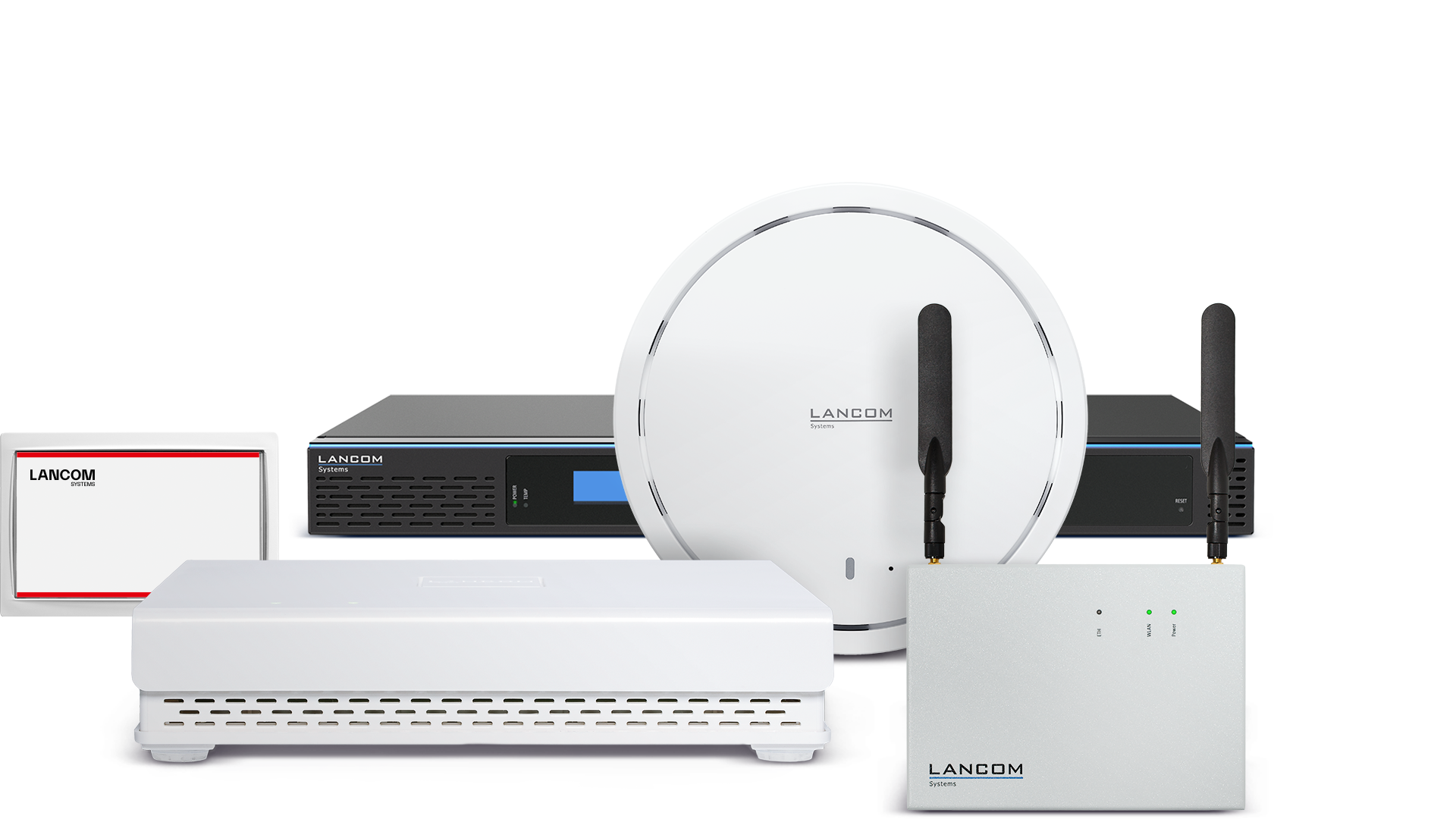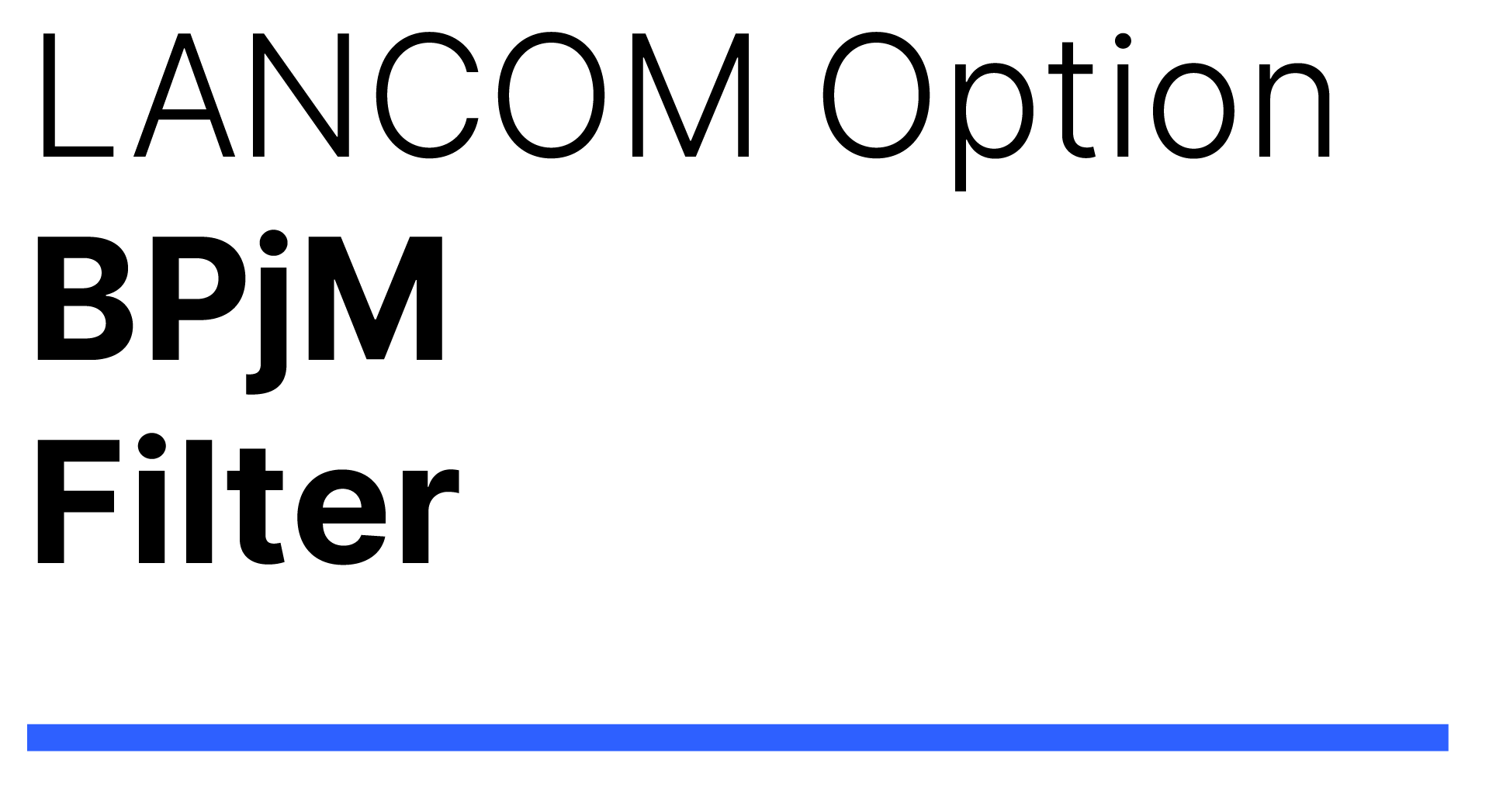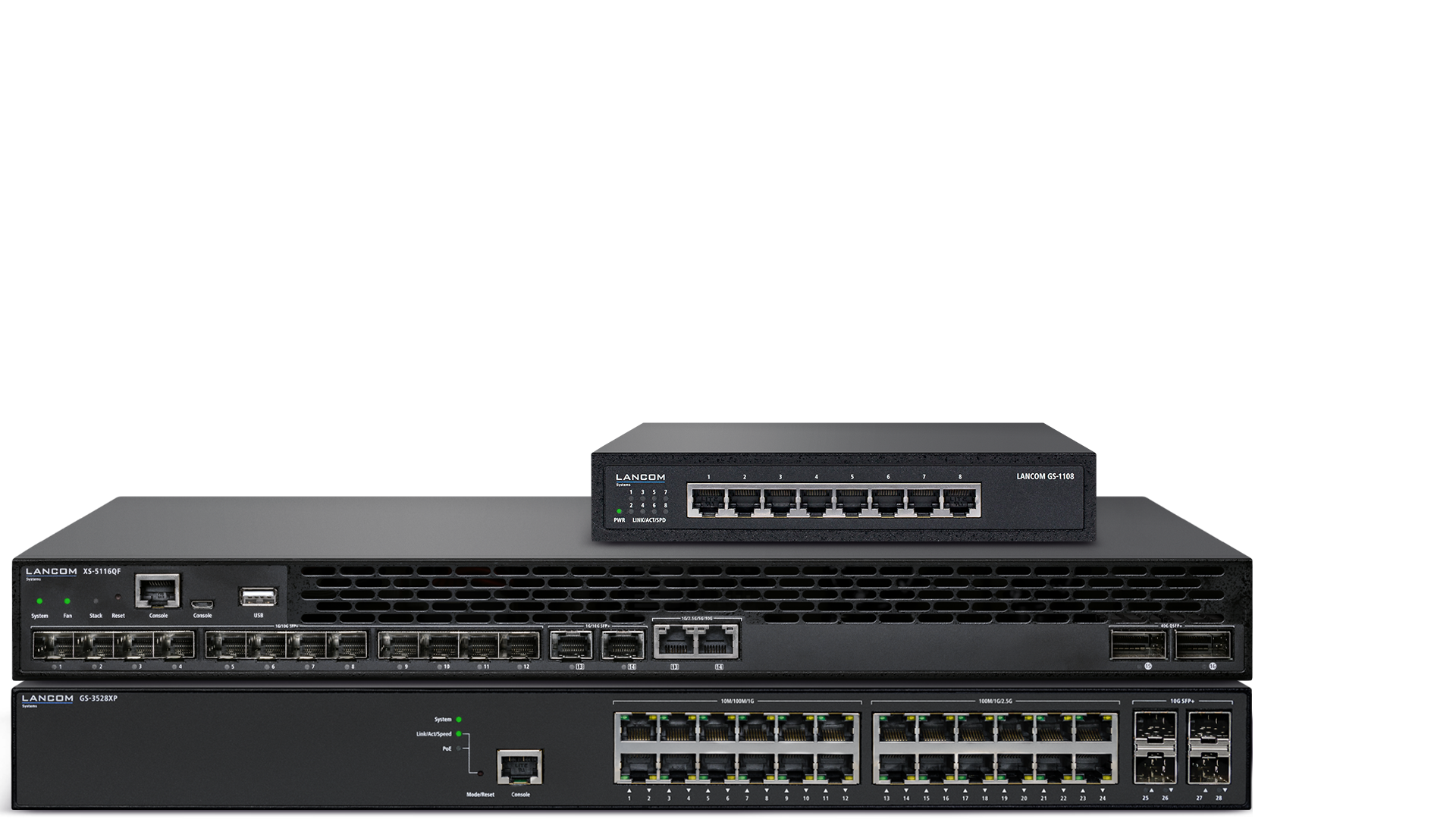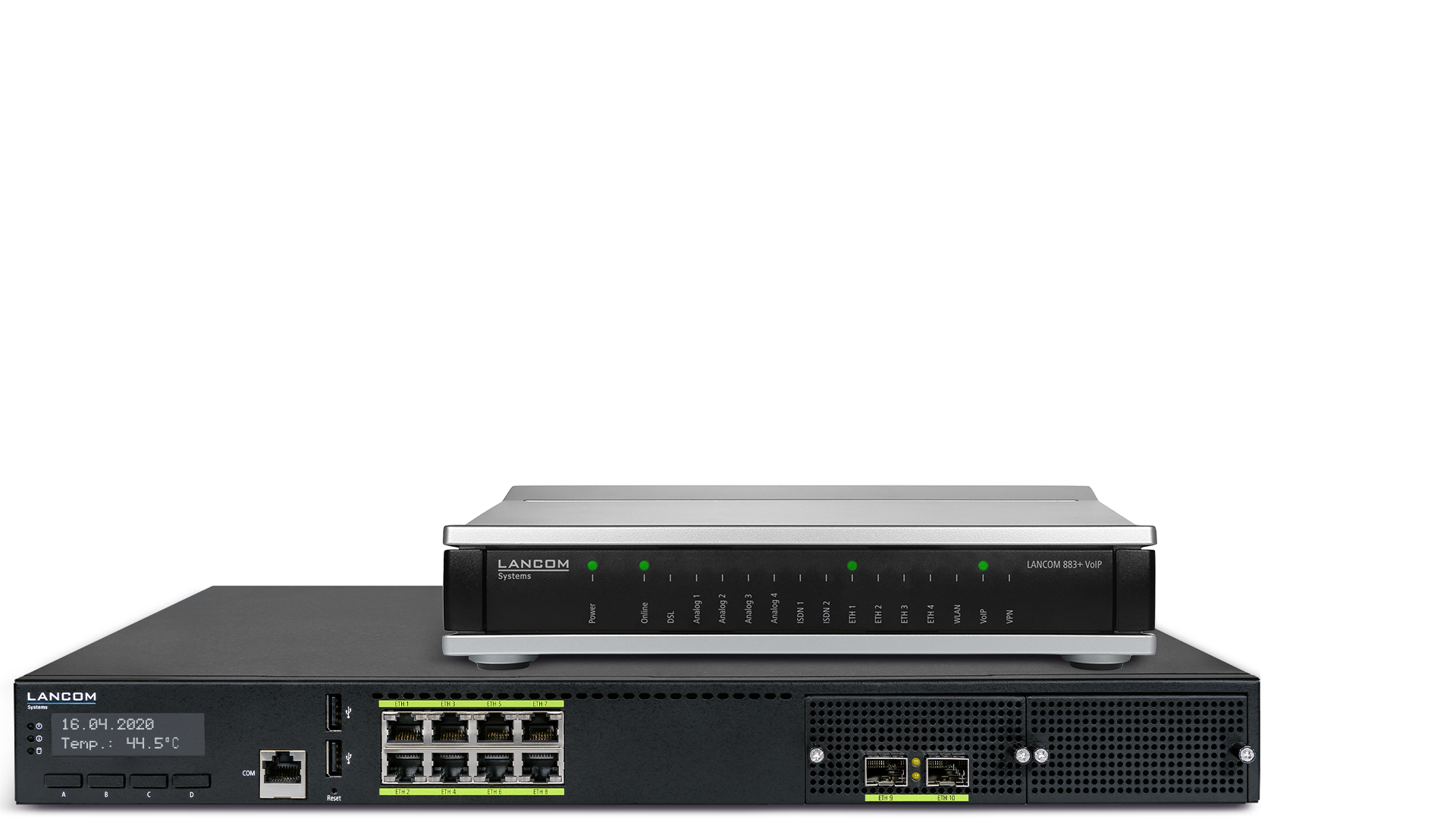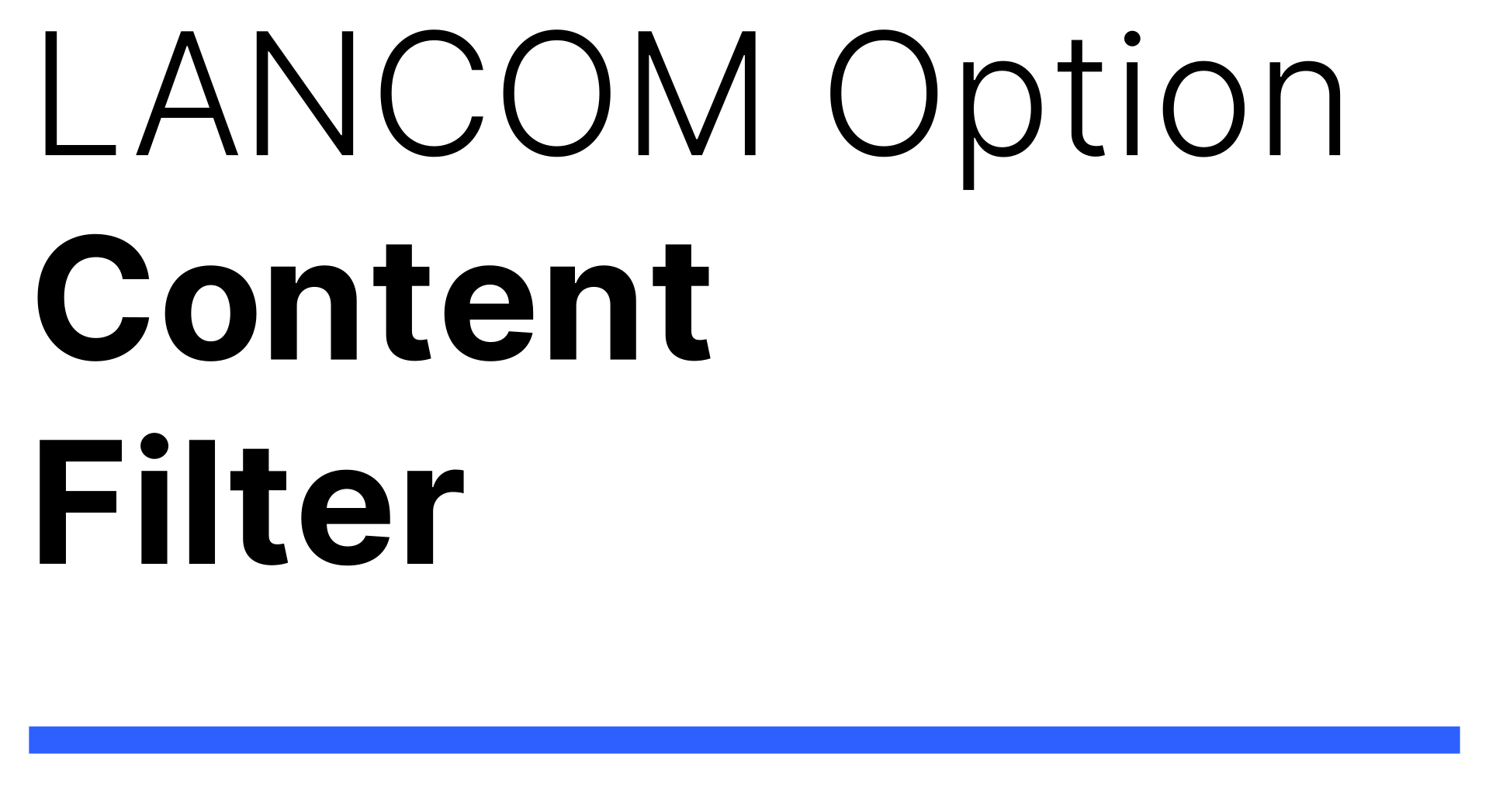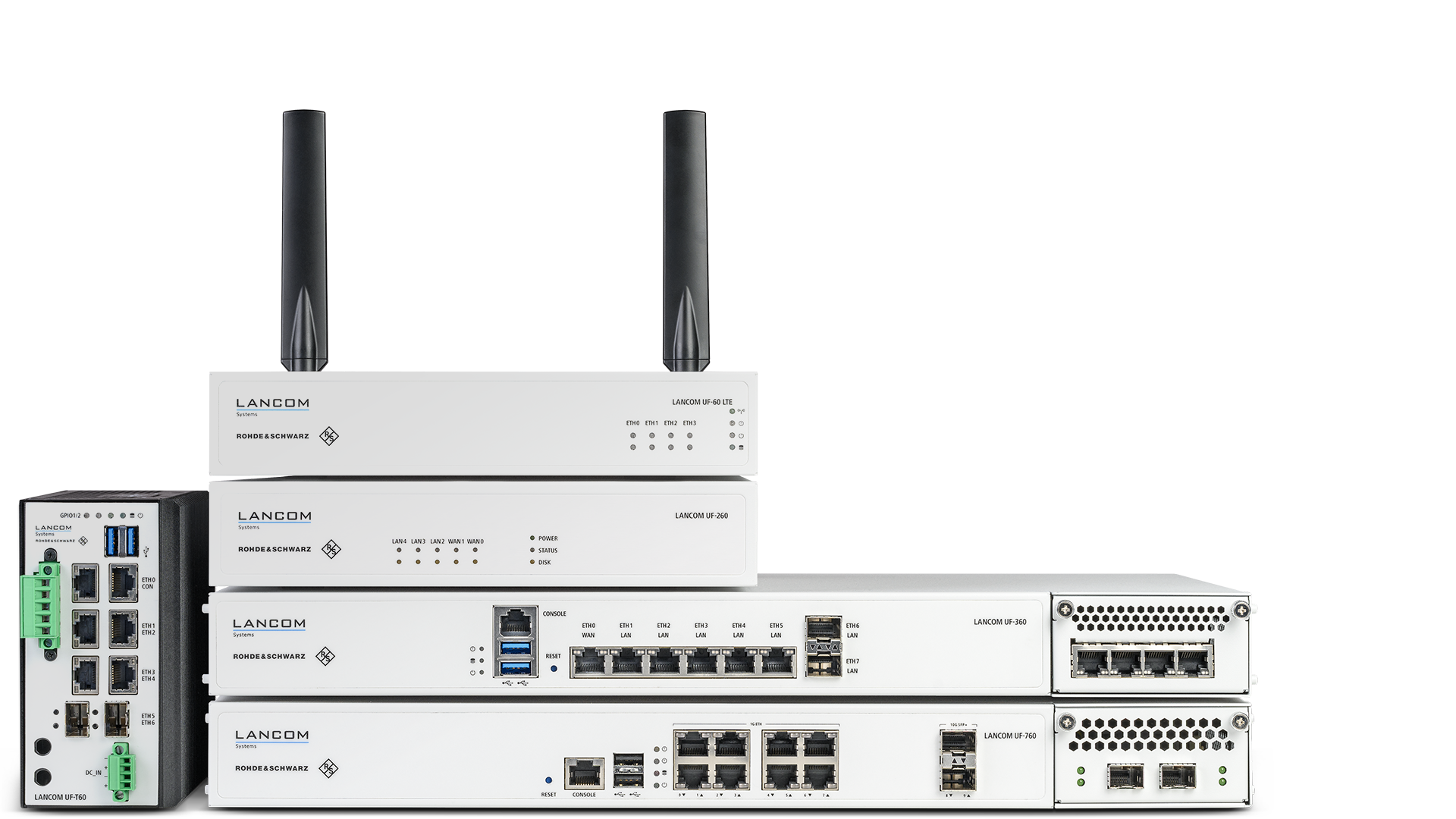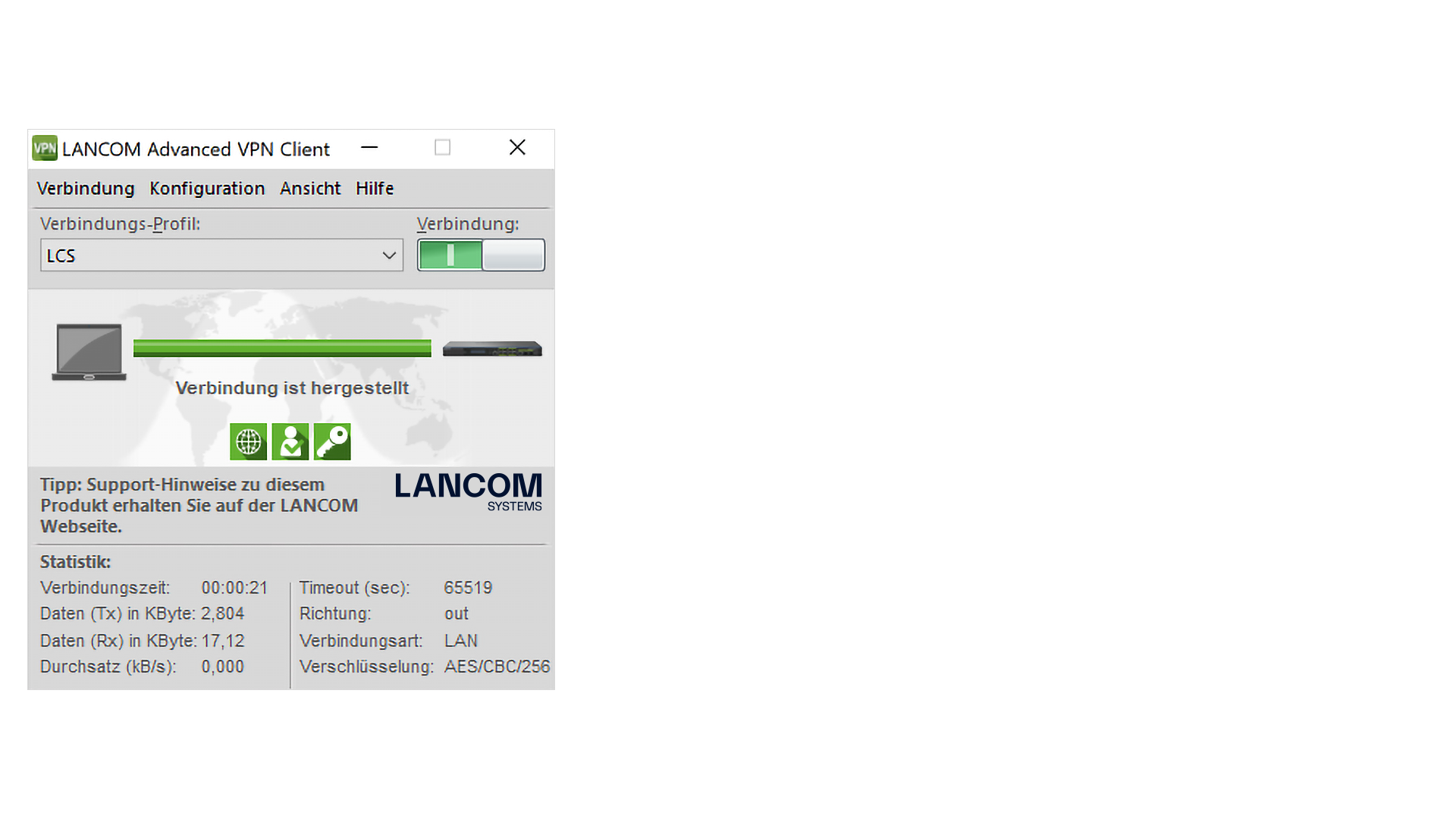Public sector
Youth and data protection compliant school Wi-Fi
For schools, the many different interest groups (school management, teachers, parents, students, politicians / administrators) and the complex approval processes for digitalization projects represent a major challenge. In addition to a trouble-free Wi-Fi that enables BYOD concepts ("bring your own device") and the ability to handle varying data throughputs in a powerful way, security, youth protection, and data privacy are also the core concerns of the stakeholders. An easy-to-administer cloud-based school network, network separation, firewalls, and content filters are required to meet this challenging environment.
Adaptable, secure university network
Universities are usually largely digitalized and experience very high data throughputs and numerous network accesses. Another challenge in their networking is the often sprawling and growing areas with facilities spread across the entire city or campus and a need for high network security. This requires not only a scalable and flexible campus network with many Wi-Fi access points, but also good load balancing and routing management, protected by next generation firewalls with unified threat management. At the same time, data protection and digital sovereignty create the required security requirements.
Modern, digital, and citizen-friendly administration
Traditional administrations that still work with physical files and manual processes are driven by the demand and willingness of citizens to digitalize and reap significant benefits. However, due to the sensitivity of the data processed, many authorities fear for their network security, GDPR compliance, and digital sovereignty of their documents and systems. With a firewall-protected IT network engineered in Germany promising guaranteed backdoor freedom, the increased data protection, autonomy, and security requirements can be optimally met.
Digitally sovereign networked authorities
Authorities and agencies want their health, economic, social, political, and legal information to be well stored and protected. This protection includes not only fail-safety through alternative (backup) lines and redundancy, but also integrity through GDPR- and compliance-compliant data handling. Network protection measures, autonomous action capability through own know-how, and risk management, as well as future-proof Internet connection types and long-term software maintenance also play an important role. In this way, institutions make themselves less vulnerable and remain self-determined and capable of action.
